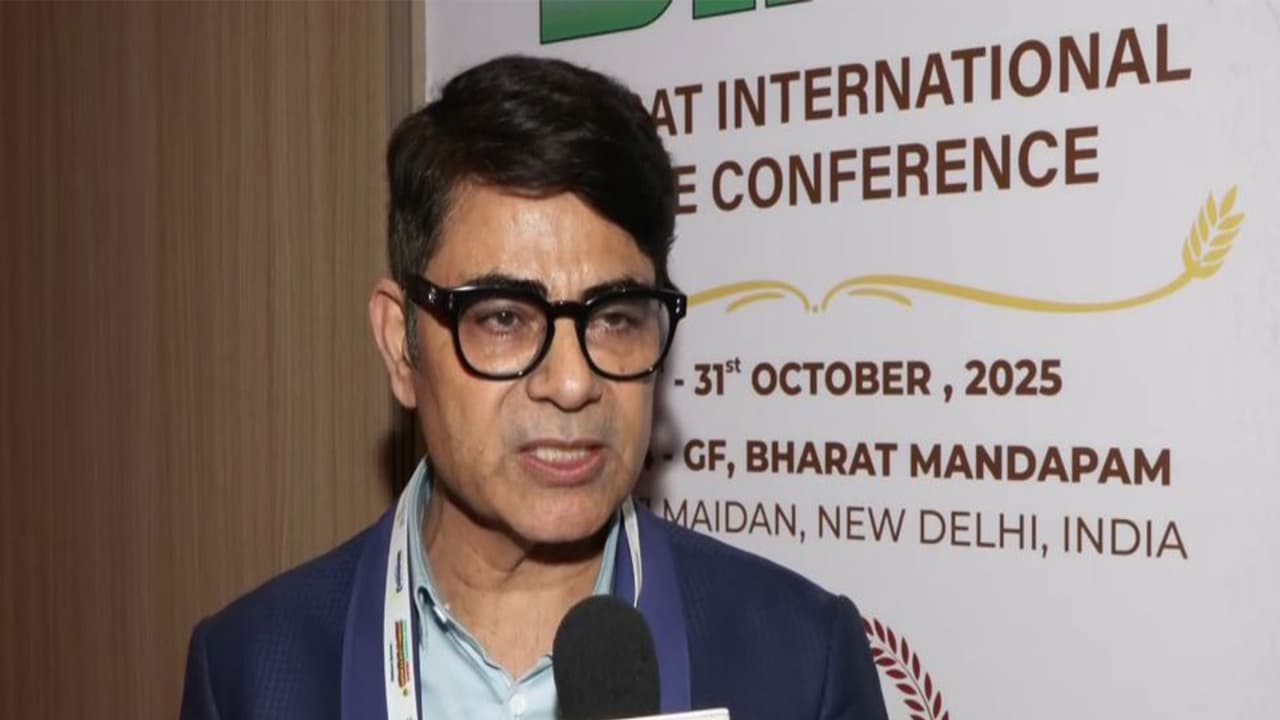India has launched the world’s first web-based organic crop traceability system to bolster its agricultural exports. The APEDA-led initiative ensures quality from farm to shipment for crops like rice, aiming to meet global standards.
Quality is taking center stage in India’s agricultural export strategy, with the country becoming the first in the world to launch a web-based organic crop traceability system aimed at ensuring transparency, authenticity, and global confidence in Indian produce, Tarun Bajaj, Director, Agricultural and Processed Food Products Export Development Authority (APEDA) said on Friday.
Digital Framework for Farm-to-Shipment Traceability
“We’ve built a digital framework that tracks the journey of farm produce right from the soil to the shipment,” said Bajaj, on the sidelines of the two-day Bharat International Rice Conference held in New Delhi. The initiative, which began with grapes, has now expanded to include rice and peanuts and will gradually cover more crops and regions.
Ensuring Compliance with Global Standards
Bajaj said the move places India firmly in line with global quality and certification standards. He added that APEDA and the Export Inspection Council (EIC) are working in sync to ensure that Indian food exports meet the strictest norms across international markets. He noted that maintaining quality standards is a continuous challenge, especially as importing nations frequently revise their Maximum Residue Limit (MRL) levels for pesticides and chemical traces. Importing countries frequently update their MRL levels due to technical changes, but India managed to comply and maintain the export momentum, Bajaj said.
Navigating Dynamic Market Conditions
On the trade side, he acknowledged that market conditions remain dynamic. “Indonesia isn’t buying right now due to a large domestic crop, but we’re expecting some demand from the Philippines. There could be some price pressure for the next three months,” he said.
Coordination and Farmer Education are Crucial
Priyanka Sarkar, Project Manager at the Quality Control of India, also told ANI that aligning domestic standards with international ones requires better coordination among regulators. “In India, we have our own MRL levels, but in places like the EU, the limits are lower. Regulators must come together so that exporters know the exact standards to follow,” she said.
Sarkar also highlighted the importance of farmer awareness and training. “Documentation is one thing, but implementing good agricultural practices is another. That’s why several government agencies and Farmers Producers Organisations (FPOs) are working to educate farmers about organic cultivation and sustainable methods,” she added.
Boosting India’s Global Standing
Both officials believe that India’s push for quality and transparency will pay dividends in the long run. With technology now embedded in the export process, the traceability system is expected to enhance buyer confidence, improve compliance, and position India as a trusted supplier in global food markets. (ANI)
(Except for the headline, this story has not been edited by Asianet Newsable English staff and is published from a syndicated feed.)
